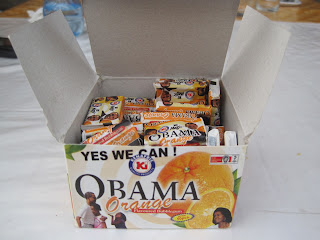Anticipation, that’s part of what Christmas is all about right? I can remember in church when the nativity Joseph and Mary moved closer and closer to the manger each Sunday. I remember waiting anxiously for thanksgiving to pass so I could start playing my Christmas music. I remember looking forward to my visits home in the month of December to see what lovely baked goods my mom had prepared and the anticipation for the pie on Christmas eve along with the scraps of pie crust that I had to fight my sister for. We wait all year for this season of good-will and cheer and you can’t help but smile when “Its beginning to look a lot like Christmas” or “Jingle Bells” comes on the radio. Part of the anticipation is in the memories of Christmas. Remember what was so great about past years, makes the next year even more anxiously awaited.
I find myself taking a seven hour bus ride to Nairobi, followed by a 7 hour wait in the airport, followed by a 6 hour flight to Rome to celebrate Christmas this year with my sweetheart, Adam. Part of me mourns the fact that I won’t be part of my family traditions this year. I won’t be decorating Christmas cookies or making Lefse or joking about how horribly my dad wrapped my mom’s Christmas presents. However, I find myself more anxious for this Christmas than any other. Ok, granted it may be because it is taking me almost two days to get where I am going, and it may be because I haven’t seen Adam in almost 7 months. But I think it also has a little to do with the anticipation for the future. This Christmas won’t be like any I’ve had in the past, but that’s what makes it great. Being away from family and loved ones truly makes you love and appreciate them even more. I have been dreaming and thinking about Christmas more this year than any year before and the anticipation is nearly killing me! For those of you who are lucky enough to be around family on Christmas, give everyone a little extra hug this year and put a little anticipation into making next year even better.






























